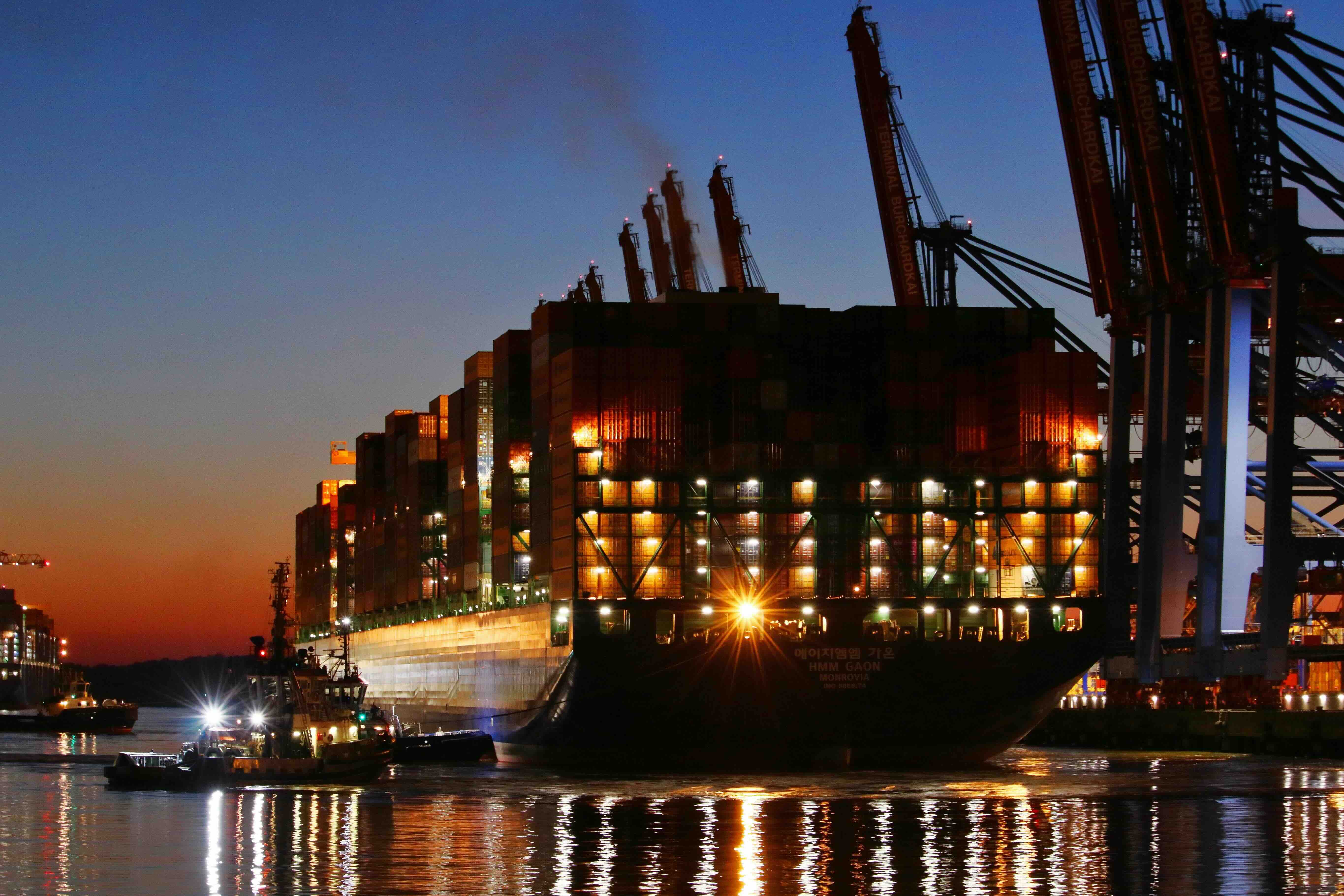Have a story idea
Have a story idea? Send it to us here.

Source : Pexels
April 28, 2025
Author : Patty Allen
Contractors across the United States' Pacific states are preparing for a difficult year as new tariffs are expected to raise material costs and disrupt building budgets.
In Hawaii, builders say the growing cost of steel, aluminum, and lumber, much of which is imported from Asia, is already making projects more difficult to finance.
Hawaii is particularly vulnerable because over 80% of its building materials are imported, putting programs like disaster response and affordable housing at risk from tariffs as high as 54% on some commodities.
Some developers are postponing initiatives. Others fear that smaller contractors and households will bear the brunt of the costs, particularly in the aftermath of the Lahaina wildfires. State authorities say they are assessing bids in real time to avoid lengthy delays or cancellations.
"We have projects that are already on hold. If costs keep rising, others may be shelved indefinitely," one contractor told local media.
Meanwhile, in another Pacific state, contractors in Alaska are seeing pricing increases. Developers in Alaska could significantly increase the cost of large-scale development projects. The potential of increasing costs has sparked concerns about foreign participation in big projects such as the Alaska LNG pipeline.
California, with the biggest economy of all the western states, faces a distinct but equally difficult task. Materials such as drywall, concrete and lumber are experiencing dramatic price increases. Agricultural exports are also under pressure from retaliatory tariffs, resulting in a broader slump that could spread to the construction industry.
Governor Gavin Newsom is urging federal officials to spare California-made products from the new tariffs, warning that the measures could harm the state's economy and important industries such as homebuilding and infrastructure development. To soften the pain, California is pursuing new trade relationships with Asian countries and other global markets in an effort to ensure more dependable supply chains.
The impact is not restricted to large corporations. Many small and medium-sized contractors are facing difficult decisions. They have little flexibility to change bids to reflect growing material costs since they are bound by fixed-price contracts.
The nation's government-funded projects are already beginning to feel the effects of supply chain interruptions and rising material costs. Hawaii and the West Coast states, which rely significantly on imported commodities, are expected to suffer the effects more severely and sooner than the rest of the country.
To protect themselves, some builders are including tariff-related price escalation clauses in new bids, but this is not an option for jobs that have already been contracted. Industry leaders worry that if tariffs remain in place, the slowdown could linger for months or perhaps years.
"We're already facing labor shortages and inflation. Adding tariffs to the mix could be devastating for the construction sector," a project manager in Honolulu said.
Contractors in the Pacific states are bracing for a difficult period ahead due to rising expenses, tighter budgets, and greater uncertainty. For now, the message is clear: adjust swiftly or risk being priced out of crucial projects.
Category : International Market Watch Material Costs
